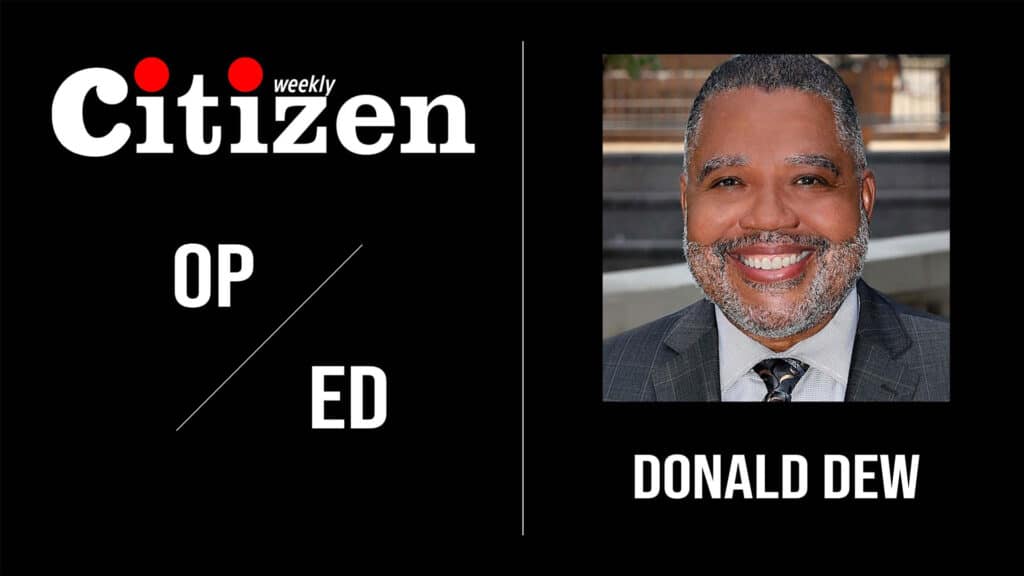As Mental Health Awareness Month nears its close, it’s important that everyone who cares about the whole of Chicago and the whole of Illinois pay some extra close attention to the impact mental health and trauma has in underserved, disenfranchised and socio-economically challenged communities.
Mental illness and trauma can wreak havoc in any community and does, to varying degrees, in every community. But in communities where the socio-economic challenges are unrelenting, mental illness and trauma take a particularly vicious toll…precisely because it is a particularly vicious cycle.
Our immediate environment (in our home, in our neighborhood, in our community) is a significant determining factor in behavioral and psychological well-being. The challenges of everyday life for the disenfranchised, from affordable housing, to employment, to food security, to personal safety and lack of hope, is like a match-to-the-fire of mental illness. These social influencers have been identified by CDC as Social Determinants of Health. Simply put, when individual and familial functioning is disrupted by mental health issues, institutionalization, incarceration, homelessness, and mortality are often result.
Conversely and cyclically, high rates of mental illness and trauma can make it difficult for a community to address its social and economic challenges.
I have been doing social work in the behavioral health field for over three decades. I have seen so much excellent work, done by so many, to help those suffering from trauma and mental illness. There is an army out there, in safety net hospitals, out-patient facilities and within human service organizations, that are changing lives every day.
But gaps and systemic fragmentation still exist. If we think of the lifecycle of someone going from crisis to wellness, we see great organizations doing their part all along this journey. There is preventive care, primary care, specialty care, hospital services, mental health and substance abuse services, and community-based entities that address the social determinants of health. More recently, greater attention has been focused upon community health workers and peer recovery specialists as key participants in the continuum of care.
But in some ways, these networks are like “islands of care.” And between these islands are gaps where someone can fall through, either taking a step backward on their road to recovery or abandoning it all together. For example, staying on medication can seem less of a priority to someone who doesn’t have a safe place to sleep. Keeping health appointments is difficult without transportation. Adherence to a program of recovery, which is extraordinarily difficult in any situation, is even more so if there is a lack of hope about what life will look like on the other side.
To address this, there is a promising program being run out of the Illinois Department of Health and Family Services. It’s called the Healthcare Transformation Collaboratives (HTC) and it establishes collaboratives of different community-based service providers to close gaps. These collaborations, each with their own geographic footprint and clinical focus, are standing up across the State. Each are looking at the care lifecycle broadly, from the patient’s perspective and within a hyper-local community context.
One example of how this works is Collaborative Bridges, a coalition of six health agencies who have come together to examine the continuum of behavioral health and identify actions to reduce the number of patients who fall through the gaps. Collaborative Bridges is assigning care coordinators to individuals in need and staying with them through the entire care journey. It’s a reimagining of healthcare delivery around people and communities.
This Illinois model will be carefully watched around the country to see how well it moves the needle. The need is acute. The urgency to transform the way we address mental health in our most challenged communities has never been greater.
Donald Dew is CEO of Habilitative Systems Inc., one of the organizations within Collaborative Bridges.


